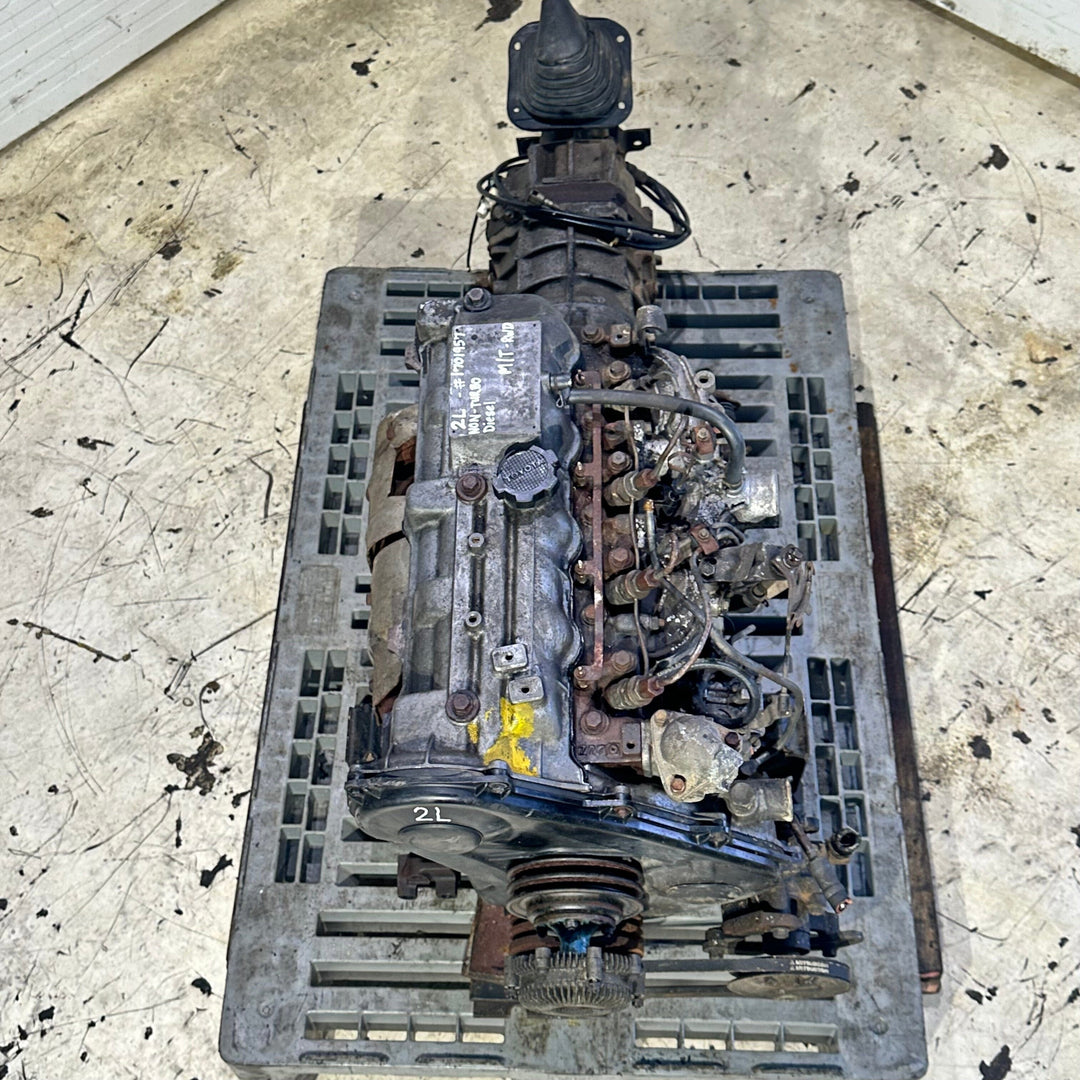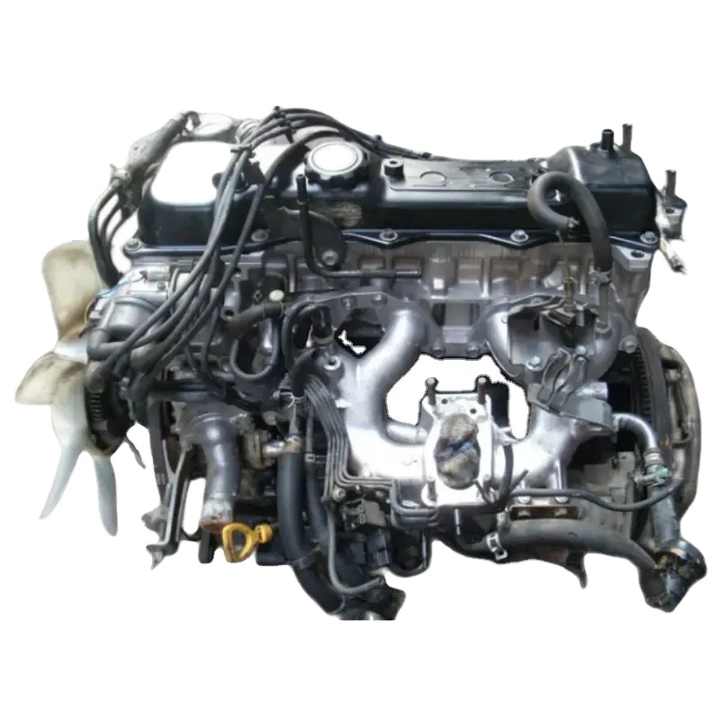Why the Toyota RunX RSI Sticks Out Among Compact Cars
Why the Toyota RunX RSI Sticks Out Among Compact Cars
Blog Article
Explore High Quality and Worth: Your Overview to Getting a Pre-owned Engine
When taking into consideration the purchase of a used engine, understanding the detailed balance in between quality and worth is extremely important. A thorough analysis of engine history, condition, and dependability is vital to make certain an audio investment.
Understanding Engine Kind
When thinking about the purchase of a second-hand engine, understanding of the different engine types is essential for making an informed decision. Engines can generally be classified into 2 primary types: interior combustion engines and electrical engines. Inner combustion engines, which consist of gas and diesel variants, rely on the combustion of fuel to create power. Gasoline engines are normally lighter and rev greater, making them ideal for efficiency vehicles, while diesel motor are renowned for their torque and gas performance, usually preferred in heavy-duty applications.
On the various other hand, electric engines utilize electrical power saved in batteries to power the automobile, offering a cleaner choice with fewer moving parts and lowered upkeep requirements. Within these groups, there are additionally differences, such as two-stroke versus four-stroke interior combustion engines, and various electrical motor setups.
Recognizing these differences is essential, as they impact performance, compatibility with existing car systems, and long-lasting operational prices. By familiarizing oneself with the various sorts of engines offered, prospective customers can much better analyze their demands and make options that straighten with their automobile's requirements and their personal choices.

Assessing Engine Condition
An extensive examination of engine problem is paramount for any person considering the purchase of a used engine. Start with a visual examination; check for indicators of oil leakages, rust, or any physical damage to the engine block. A clean engine is typically a sign of excellent upkeep techniques, while extreme crud may suggest overlook.
Next, assess the engine's elements, including the timing belt, gaskets, and seals. Look for wear and tear, as these parts can be expensive to replace. Additionally, check out the engine installs, as damaged installs may result in resonances and further mechanical problems.
A compression test is necessary to determine interior engine wellness. Consistent compression across all cylinders shows a well-kept engine, whereas substantial disparities might direct to inner damages or wear.
Listening to the engine during a startup can give valuable understandings; any kind of unusual sounds, such as rattling or knocking, might suggest much deeper concerns. If possible, request an examination run to evaluate efficiency under tons. By diligently assessing these aspects, prospective purchasers can make enlightened decisions and protect a high quality second-hand engine.
Checking Engine Background
Comprehending the engine's background is vital for making an educated acquisition. Expertise of previous usage, maintenance records, and any kind of previous problems can significantly influence the engine's integrity and longevity. Begin by asking for the vehicle identification number (VIN) or engine identification number, which allows you to trace the engine's background.
Make use of available resources, such as Carfax or AutoCheck, to acquire a vehicle history report. This record will certainly offer crucial insights, including accident history, solution records, and previous possession information. Toyota RunX RSI. Pay specific focus to any type of indications of extreme damage or duplicated repair work, which may show underlying issues
Ask about upkeep regimens done on the engine. Regular oil changes, timing belt replacements, and various other safety nets mirror accountable possession. Furthermore, ask if the engine has gone through any type of modifications, as non-standard modifications can affect performance and compatibility with your automobile.
Last but not least, ideally, look for verification from a relied on auto mechanic who can analyze the engine's condition based upon its background (Toyota RunX RSI). This complete examination will aid you stay clear of possible challenges and make sure that your investment is beneficial and audio
Guarantee and Return Plans
Acquiring a second-hand engine frequently comes with differing warranty and return policies that can substantially impact your decision. When thinking about an utilized engine, it is necessary to thoroughly evaluate the service warranty alternatives supplied by the seller. Some vendors may offer minimal guarantees that cover certain components for a defined period, while others click this might supply more comprehensive coverage. Comprehending the terms and conditions connected to these service warranties is vital, as they can affect the lasting value and reliability of your acquisition.

Furthermore, trustworthy vendors commonly provide paperwork that lays out the warranty and return procedure, guaranteeing openness. Constantly ask for this details prior to completing your purchase. A distinct service warranty and return policy can supply satisfaction and safeguard your investment, making it an important part of the decision-making process when acquiring a used engine.
Locating the most effective Deals
When seeking the very best offers on a used engine, it is critical to perform thorough research study and contrast costs from numerous sellers. Begin by exploring online marketplaces, vehicle discussion forums, and regional salvage backyards to collect a detailed understanding of the market. Utilizing price comparison tools can improve this process, highlighting competitive rates across various platforms.

Consider timing your purchase tactically. Seasonal changes sought after can impact costs, with certain times of the year offering better deals. Furthermore, be open to working out rates; numerous vendors might be willing to reduce their asking rate, specifically if the engine has actually been pop over to this web-site noted for an extended period.
Conclusion
In summary, acquiring a used engine necessitates an extensive evaluation of high quality and value. Evaluating engine condition via examinations and assessments, verifying its background, and understanding guarantee and return policies are critical actions.
When considering the purchase of a used engine, comprehension of the different engine types is necessary for making an educated decision. Engines can generally be classified into 2 major types: interior burning engines and electric engines. Gasoline engines are usually lighter and rev higher, making them suitable for performance lorries, while diesel engines are renowned for their torque moved here and fuel effectiveness, frequently favored in sturdy applications.
A thorough assessment of engine problem is vital for anyone considering the purchase of a pre-owned engine. Begin by requesting the lorry identification number (VIN) or engine serial number, which enables you to trace the engine's background.
Report this page